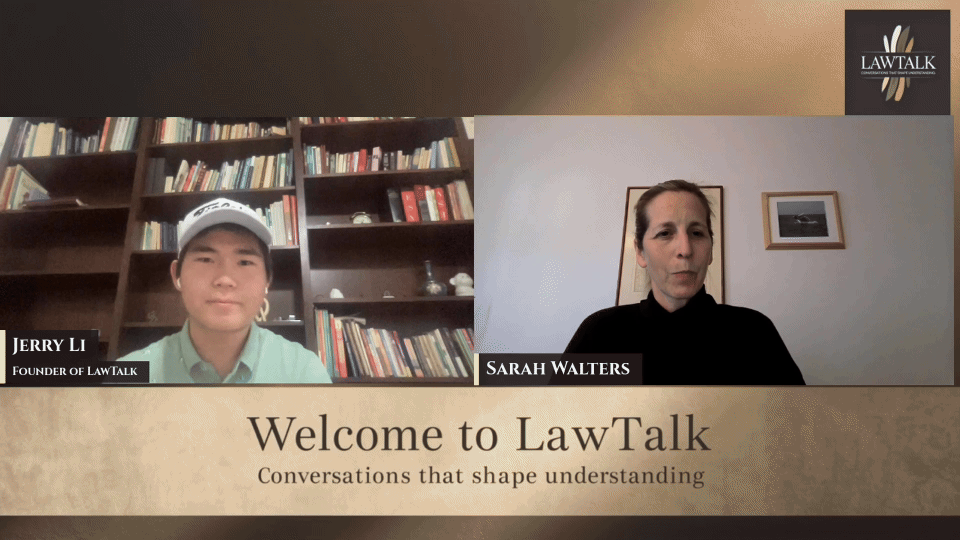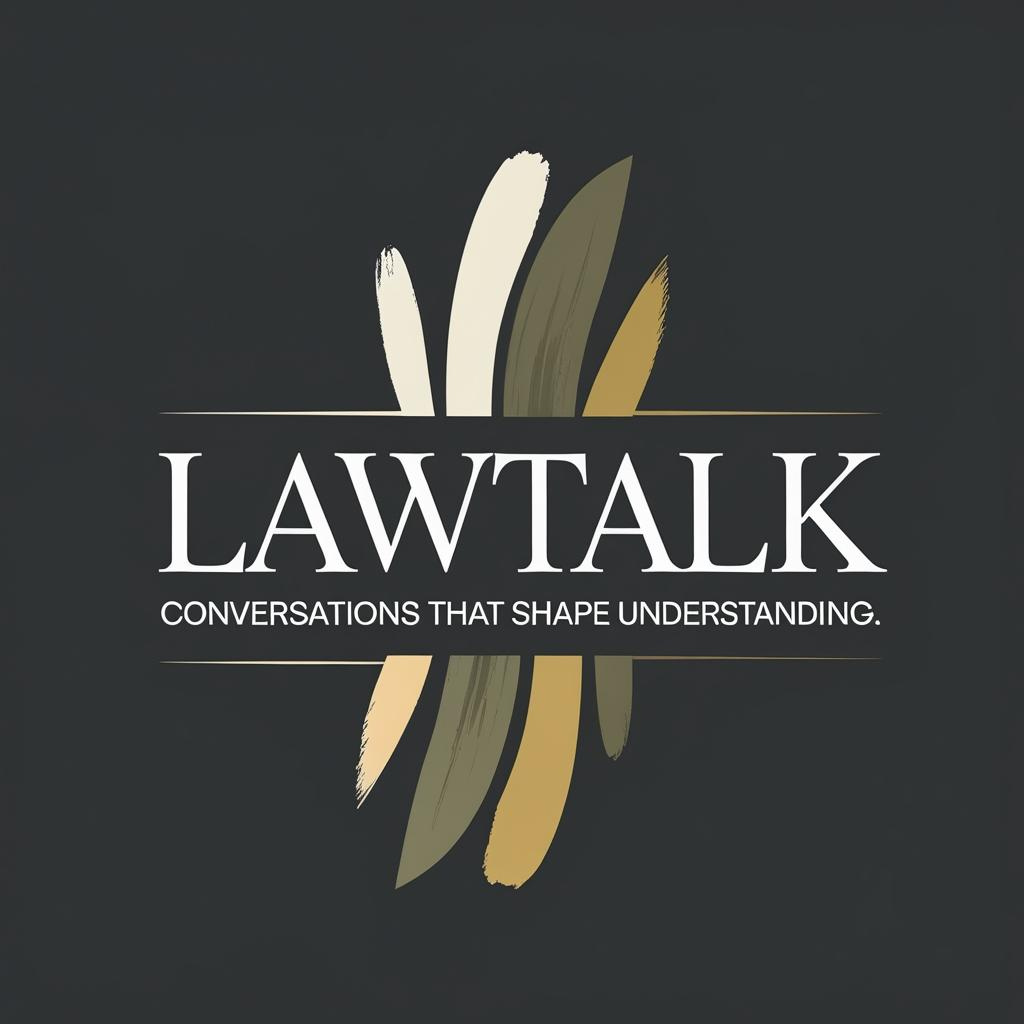Op-Ed: Why Texas’s ‘Heartbeat Bill’ is Dangerous
For most people with regular ovulation cycles, six weeks is only one or two missed periods, and oftentimes, they don’t even realize that they’re pregnant.
October 15, 2021
Effective September 1, the Governor of Texas officially passed a law that bans abortions past six weeks.
Also called the “heartbeat bill,” SB-8 is one of the most extreme abortion bans in the United States. SB-8 bans abortion in Texas at approximately six weeks with no exceptions written for rape or incest.
Under SB-8, the only possible exemption is for “medical emergency.” Otherwise, abortion is prohibited when a fetal heartbeat is detected.
For most people with regular ovulation cycles, six weeks is only one or two missed periods, and oftentimes, they don’t even realize that they’re pregnant.
The new law does not actually provide a specific time frame for someone to get an abortion but does stipulate that one cannot occur once cardiac activity is detected. That happens, as one can infer by the bill’s name, around roughly the sixth week of pregnancy.
For one, medically, the length of pregnancy is not measured from the date of conception. Instead, the new law notes that “pregnancy is calculated from the first day of the woman’s last menstrual period.”
According to the new bill, when someone starts their cycle, they are zero weeks pregnant. One week later, they’re “one week” pregnant, and so on. Suppose that they have sex on their “second week” pregnant, and an egg takes five days to find the vaginal lining.
By the third week, the uterus has figured things out, but it’s virtually impossible for the person in question to. They don’t make enough HCG (human chorionic gonadotropin) to get a positive pregnancy test or cause the usual pregnancy symptoms. They would need a blood test to determine pregnancy.
On week four, this would be the first day someone may miss their period, which most will tell you, does not usually ring any alarms.
This means that someone pregnant essentially has two or three weeks to make a decision, and getting an abortion appointment can take up to two weeks, according to Dr. Bhavik Kumar, a staff physician at the Planned Parenthood Center for Choice.
However, what makes SB-8 different from other abortion bans because it contains a “private cause of action,” which is a legal provision that allows private individuals—not the state—to enforce the law.
This means that anyone, even people from outside of Texas, can sue an abortion provider or anyone helping to terminate a pregnancy beyond the deadline for rewards up to 10,000 dollars.
The key architect of the bill, Jonathan Mitchell, defended the law’s unreasonable deadline in The Guardian, writing that “women can ‘control their reproductive lives’ without access to abortion; they can do so by refraining from sexual intercourse.”
He also added that the “only time abortion is needed to ensure women’s ability to ‘control their reproduction lives’ is when a pregnancy results from non-consensual behavior, as in cases of rape, or when a pregnancy is endangering her life,”. Texas Gov. Greg Abbott (Republican) vowed early in September that he would “eliminate all rapists” from the streets of his state.
Recently, Dr. Alan Braid, a practicing doctor in Texas, was sued by two separate parties after he went public about how he performed an illegal abortion in an opinion essay for The Washington Post.
In the essay, Dr. Braid said he had decided to violate the Texas law out of a firm belief in abortion rights.
“I have daughters, granddaughters, and nieces. I believe abortion is an essential part of health care,” Braid wrote. “I have spent the past 50 years treating and helping patients. I can’t just sit back and watch us return to 1972.”
Both lawsuits against Dr. Braid came in from out-of-state, filed by two disbarred lawyers. One of the plaintiffs, Oscar Stilley, rushed to file the suit as soon as he read Dr. Braid’s essay.
Stilley also said that he believed in a woman’s right to not have to give birth to an unwanted child, but since the lawsuit would be a win-win for him, he was eager to file the suit.
“I’m going to get an answer either way,” he said in an interview for the New York Times “If this is a free-for-all, and it’s $10,000, I want my $10,000. And yes, I do aim to collect.”
I find this sickening. Our rights to abortion shouldn’t be put in jeopardy by men seeking to line their pockets.
“Neither of these lawsuits are valid attempts to save innocent human lives,” said John Seago, legislative director for Texas Right to Life, the state’s largest anti-abortion group. “Both cases are self-serving legal stunts, abusing the cause of action created in the Texas Heartbeat Act for their own purposes.”
Despite the bill being clearly flawed, many conservative states have begun to move towards passing similar laws, with Florida planning to mirror the bill, and Mississippi moving to the Supreme Court to possibly challenge Roe v. Wade altogether.
Overall, I find Texas’s actions in handling the matter of abortion not only not nearly as thought-out as such an important statute should be, but dangerous for the rights of abortion across other conservative states, which women’s rights stumbling back into the past.


























































